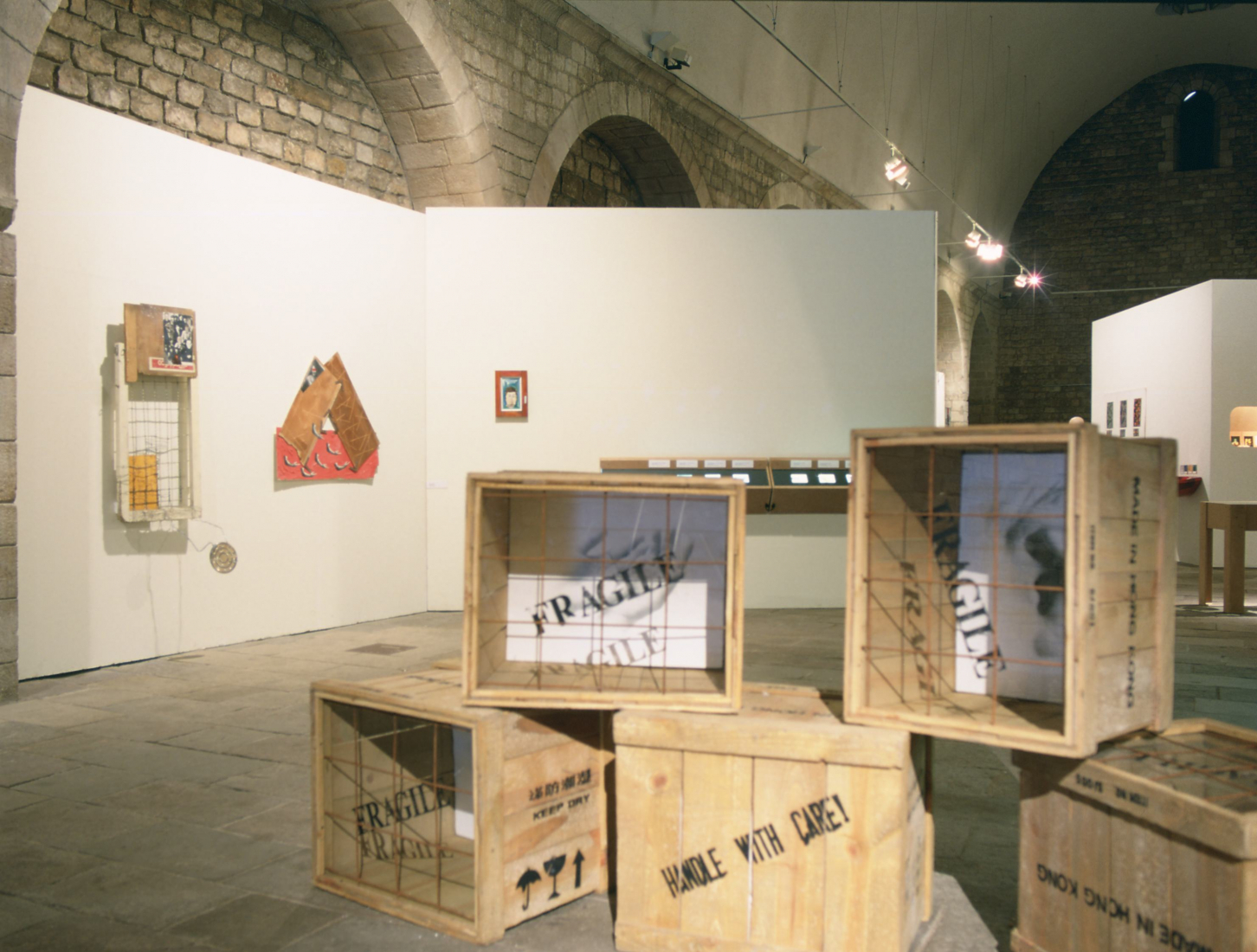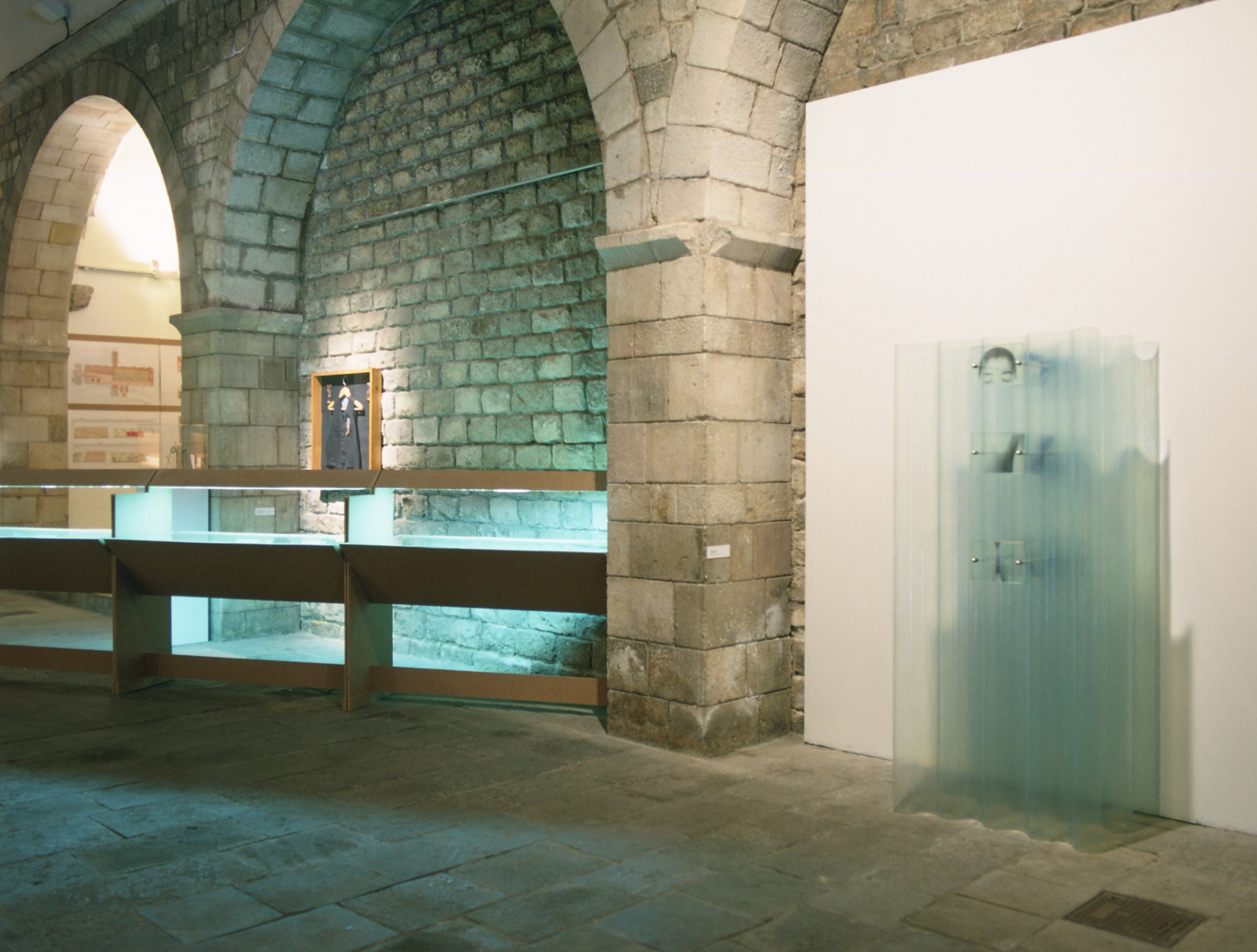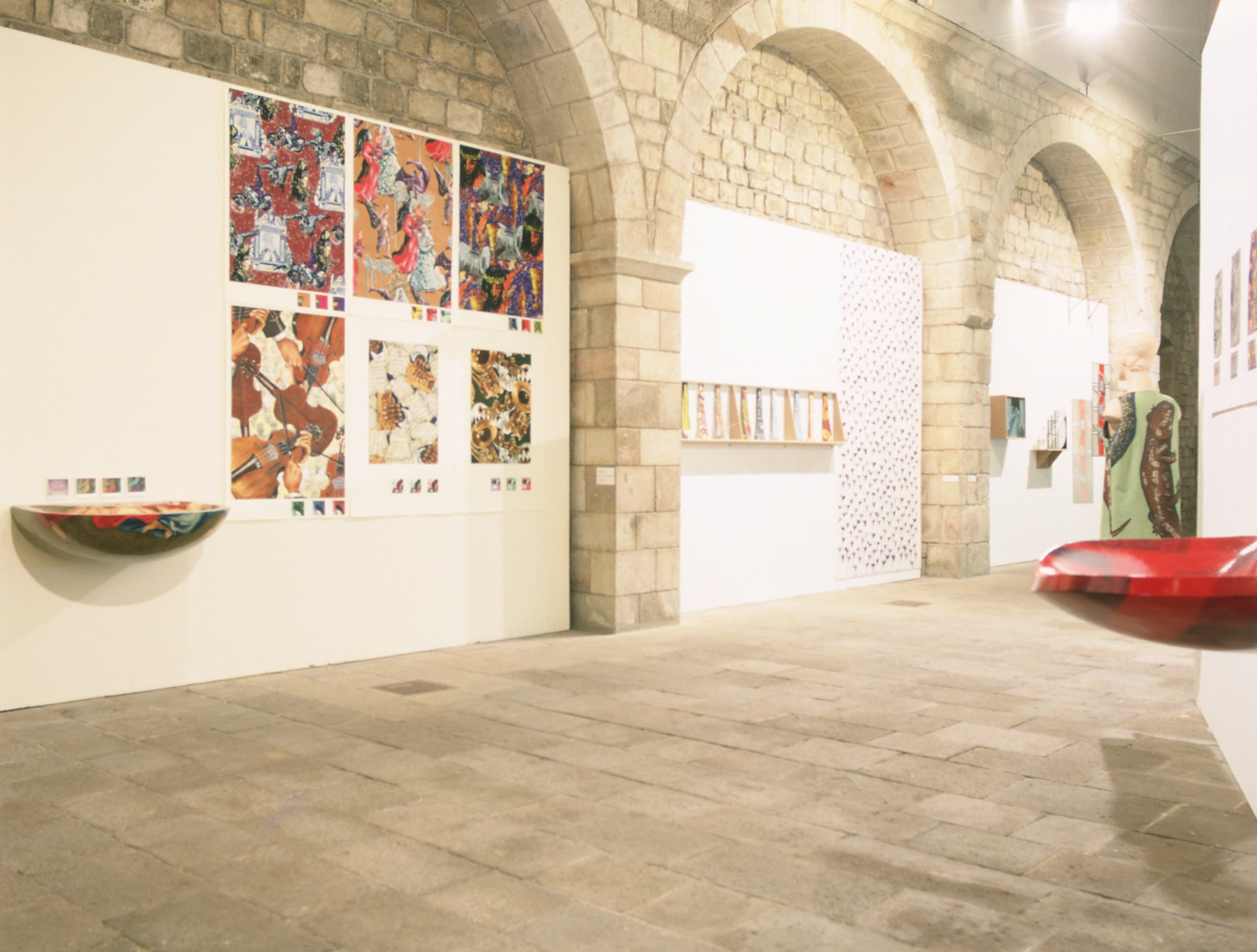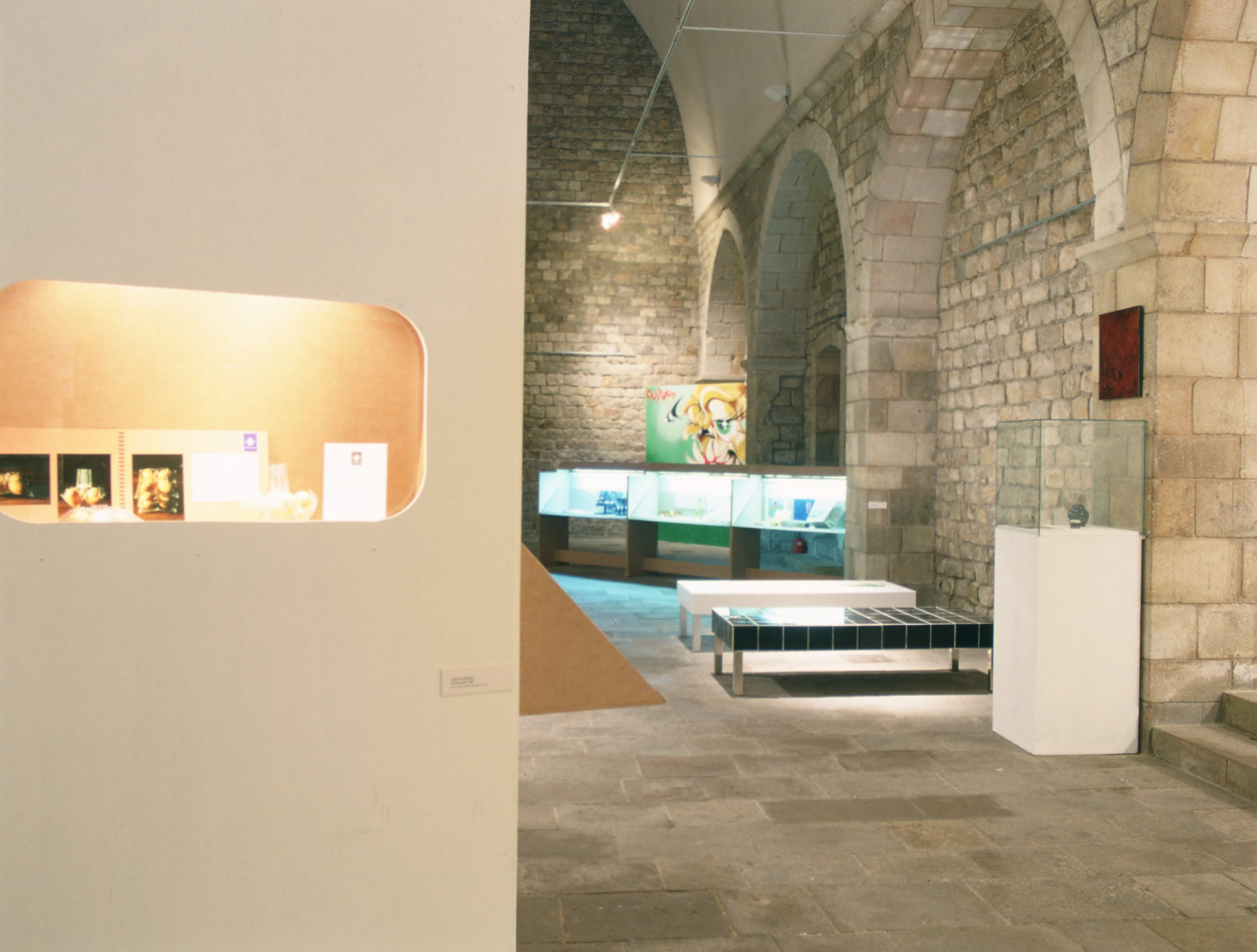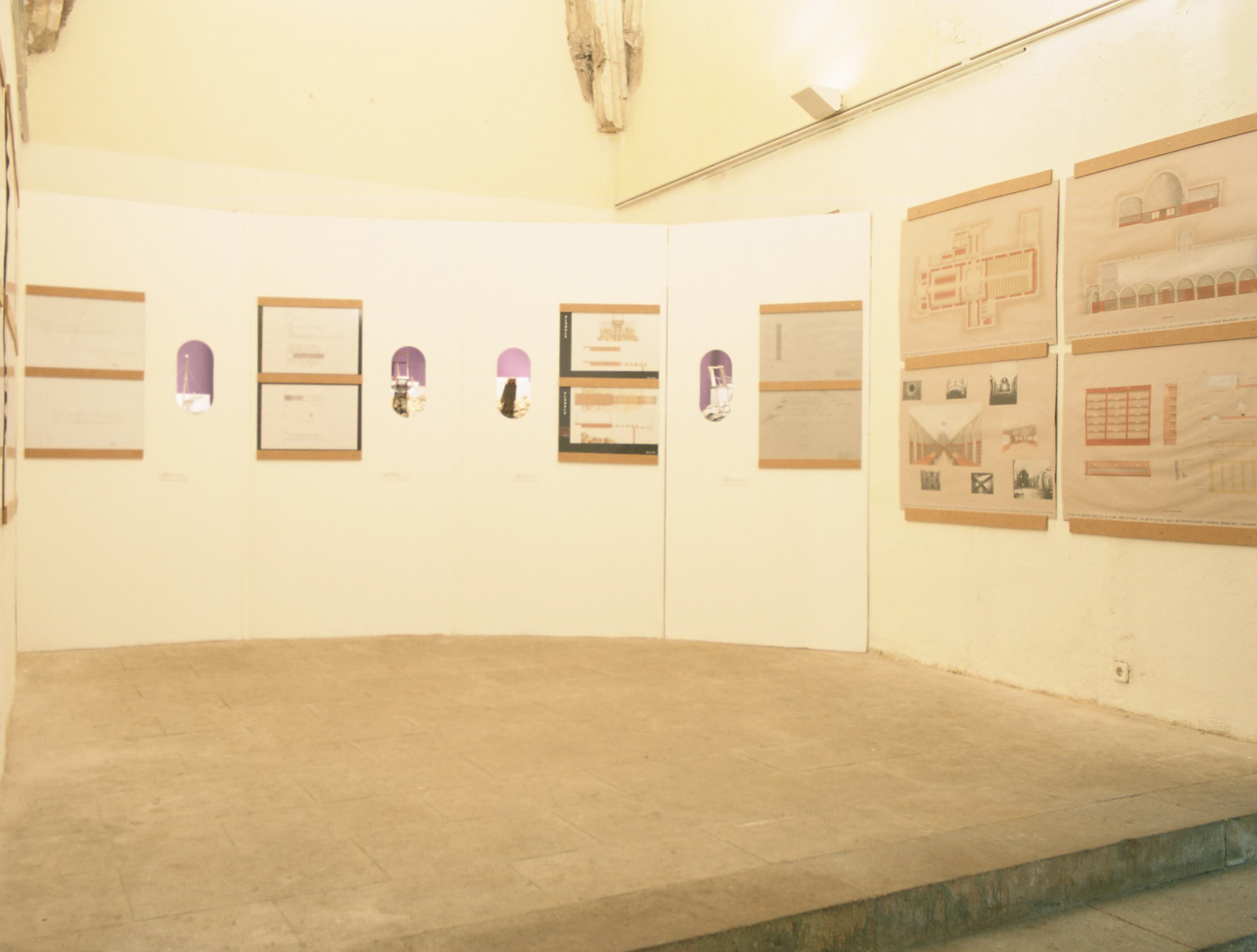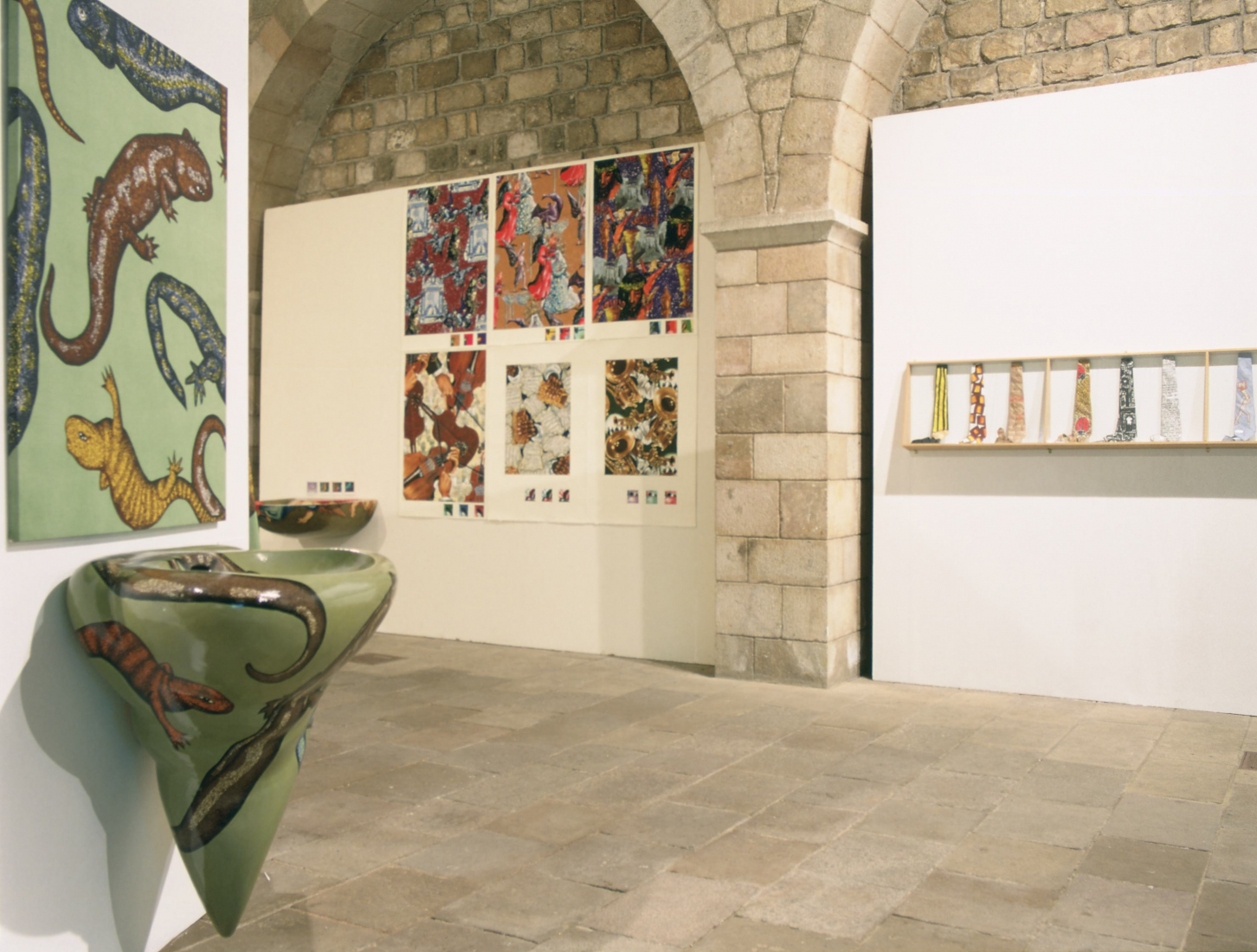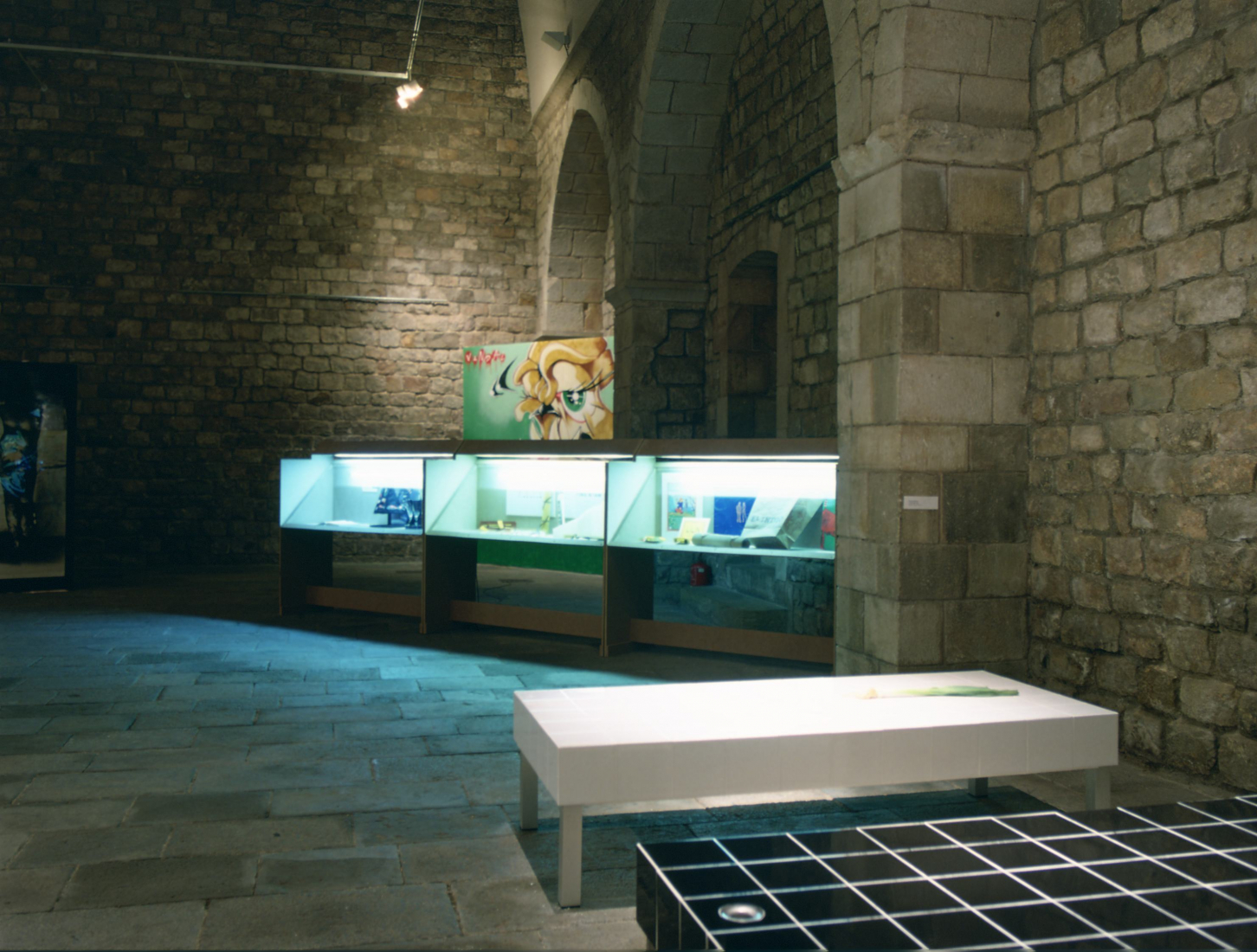Escola Massana: Estat de la qüestió
I have given turns and more turns and I have not been sure that we really understand each other. What does state of affairs mean? What, or who, we try to know the state at this time, and why?
The most logical thing, it seems, is to think that the state of the question must be understood in the sense of not making fantasies about a false reality, true or substantial, that does not exist or, also, in which to express that The state of affairs is at least as true or substantial as a supposedly ideal situation. And that the question is none other than knowing the state of the Massana School, since all the works presented to the exhibition are done by students of this institution.
Thus, it is quite clear that the state of affairs is a presentation of the state of the Massana School at this time. Or considering in another way: what is the current state of the Massana School? The state we can see in this exhibition.
What is wrong with this interpretation, however, is that stating it is a scuffle. And I will tell you why I think that. As Martin Heidegger said, learning is a way to take in who only takes what is at stake already. Teaching, then, is one to let learn. So taking only what the teacher or the school proposes is not learning. Therefore, regardless of the greater or lesser quality shown by this exhibition, the question can not be the school. On the contrary, the question must be the works and what they say about the individual ability to learn from their authors, which not only has to do with teaching but also with creation, with art and with the world, with the will and with reflection, with enthusiasm and disappointment, and with existence, things that transcend, fortunately, the reality of a school, the state of the things from any school.
That is why the state of affairs should not be understood, in any way, as resignation or fatality. On the contrary, the fate of having students with a great ability to learn and the fate of being able to learn while teaching them forces us to fantasize about an ideal situation. If, as has been said, what undermines the initial strangulation, intuition, reflection that leads to reflection and knowledge is admiration, we have to thank many of the students at the Massana School 'have admired us with his works.
Those who now exhibit have the right to do so by their own merits. Artists or craftsmen, designers, as much as we say in this occasion, all are worthy of their opportunity to put their works to the attention of the public, due to their generosity with us. They have been and are learning the most difficult work of construction: to give shape to what reveals an order and an organization, whether it is useful or not, whether it can be explained or not, by understanding, whether it is Nice as if not, whether it is pleasure or not. Their works respond to the unique impulse from which the art can be born, to make them independently its profitability, because yes, by taste, with delicacy, with grace.
Learners of the difficult profession of poet who have won, and have won for us and for the Massana School, the right to this "golden room".



